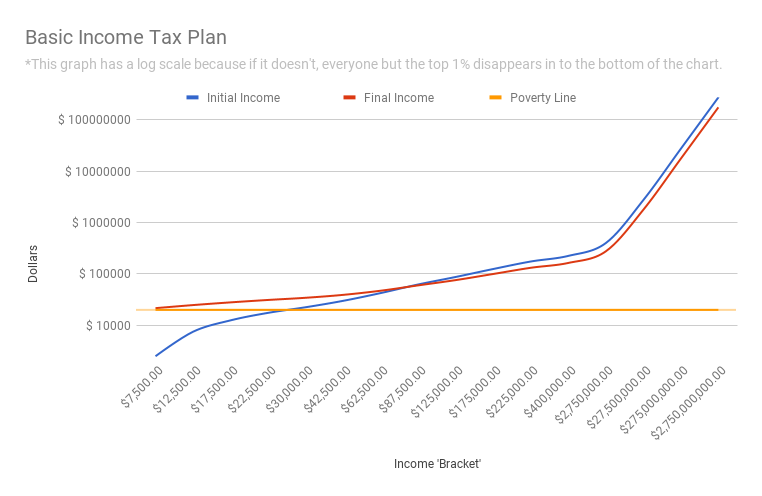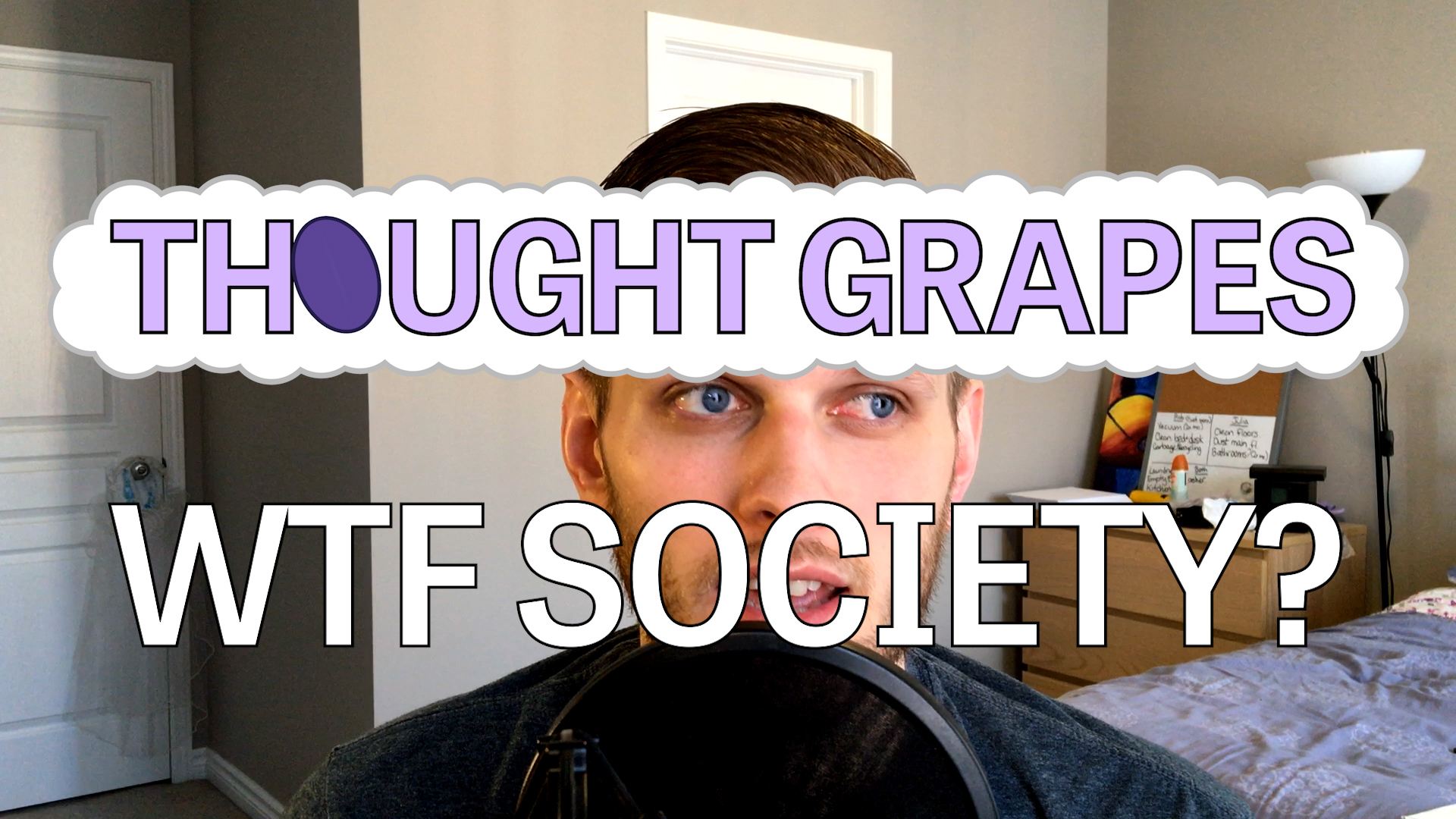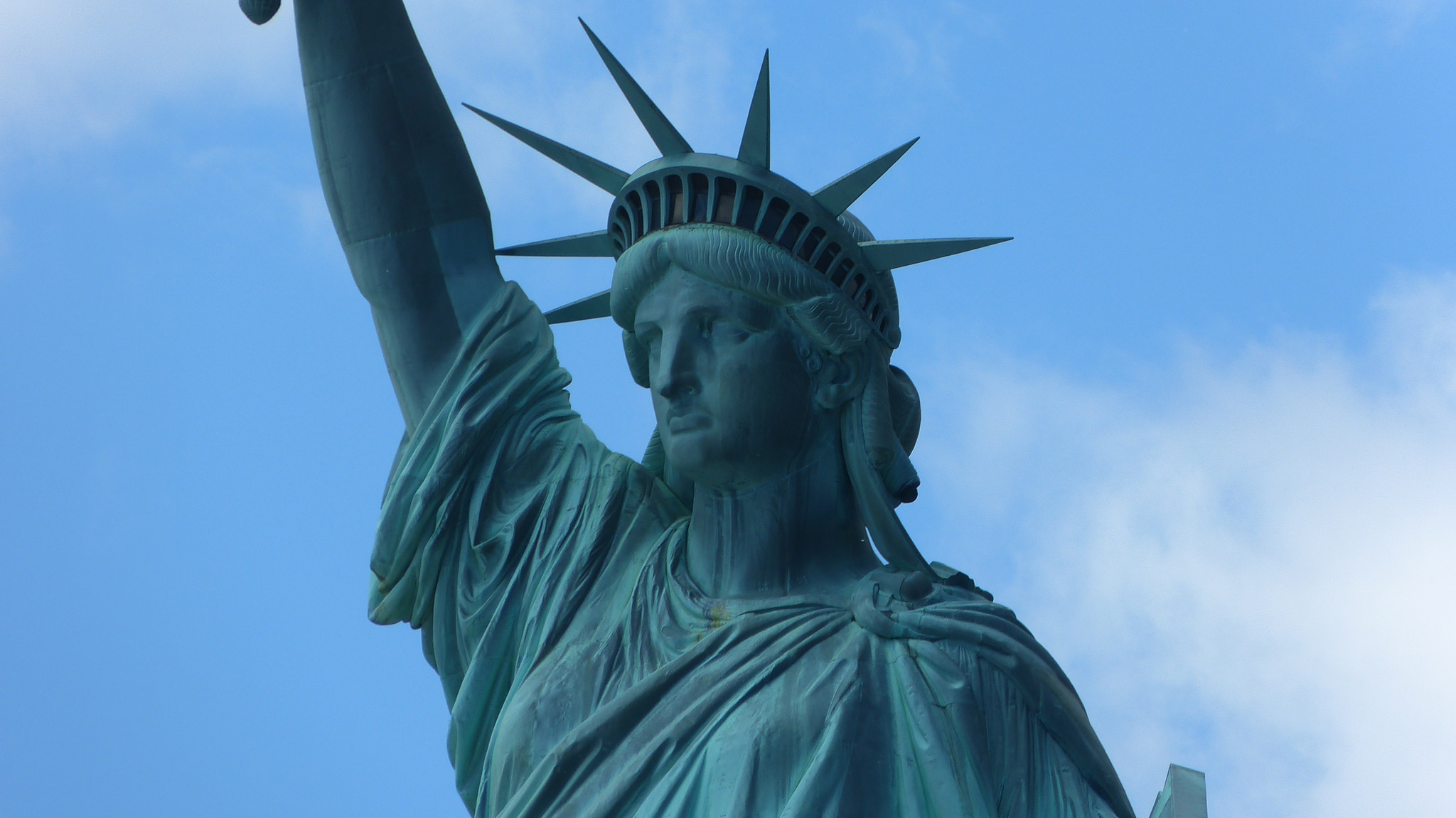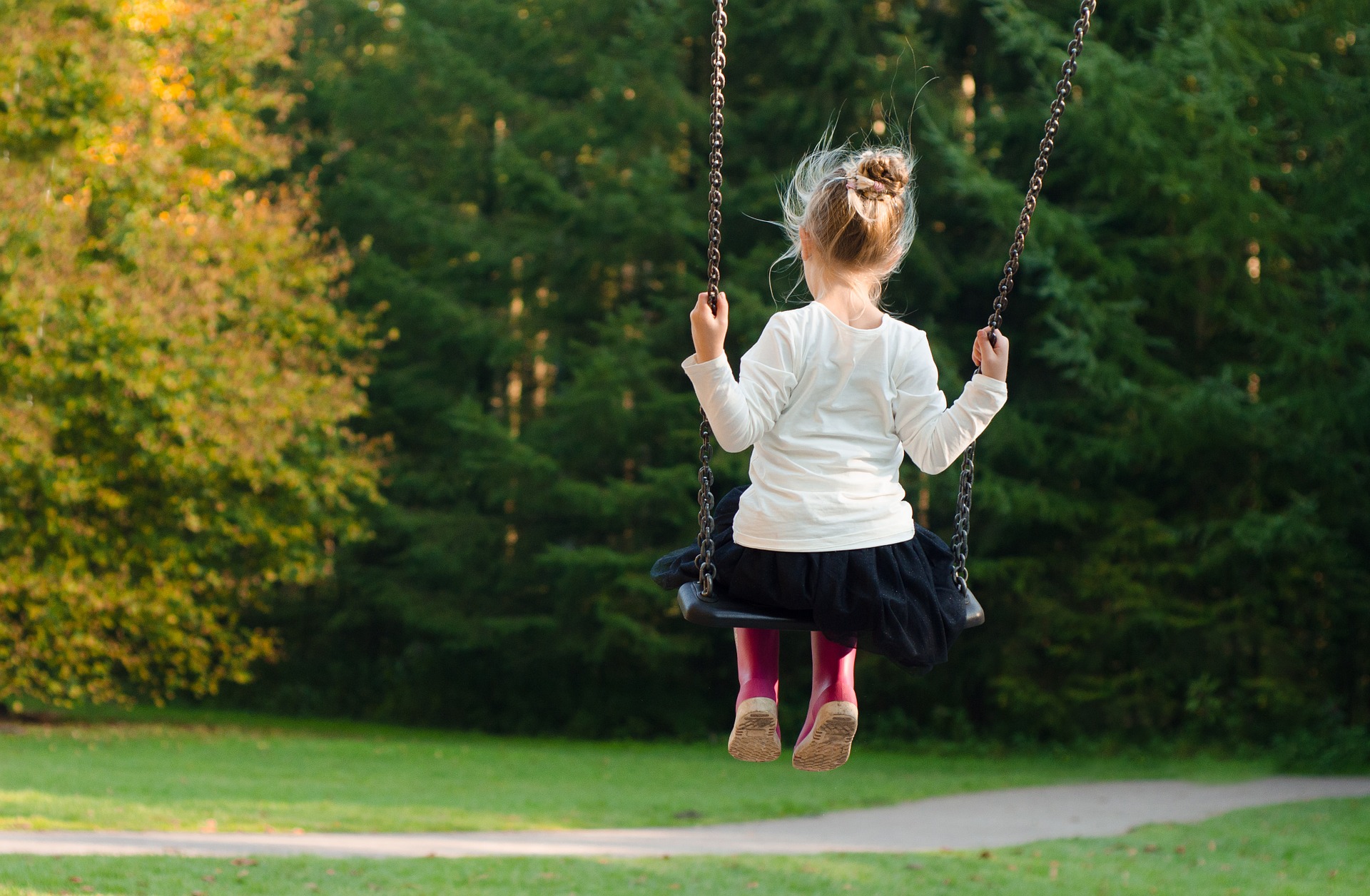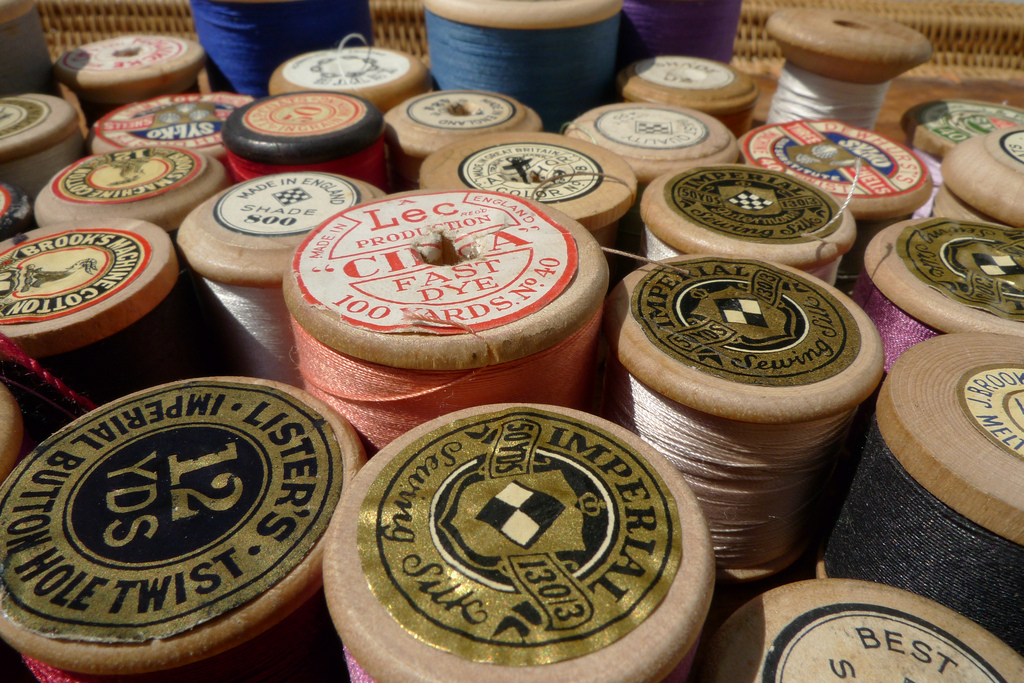With each passing day, week, month, and year, young people in North America and the world grow up. As we do so, more of the ills of society come into sharp relief. Typically full of optimism, I find it very hard to continue ignorantly living my life day-to-day, sheltered from the worst of what’s going on around me, but exposed to a flood of horror stories from around the globe.
We’re told from a young age that parents, adults, authority figures, they know what they’re doing. But it’s becoming increasingly clear we’re all just winging it, and many in older generations are handling society very poorly.
Donald Trump is going to be leading the Republican party in US elections this fall, even though his racist, xenophobic, isolationist rhetoric is laughably outdated.
Older Brits have overwhelmingly voted to leave the European Union, stranding many hundreds of thousands of younger people from experiencing an open Europe that has been so beneficial to previous generations.
A combination of racism and ignorance (deeply rooted in the United States) have led to a pattern of racial discrimination and police brutality that is increasingly visible as smartphone cameras roll to witness these atrocities.
Gun violence in general in the United States is also increasingly visible, and a huge faction of the US population would rather die defending their right to bear arms than consider a more peaceful or safe alternative.
Though world literacy, public health, education continue to grow, millions of people around the globe live in poverty, unable to earn enough to live comfortably with even a fraction of what is considered too little in North America.
A global discussion surrounding human rights, gender equality, religious freedom, and much more, is constantly met with fear and concern by folks who see anybody who doesn’t look or act like them as less deserving of the “humanity” label.
The list of major systemic problems in the world today is too long to name, and there’s seemingly no end in sight. For every Supreme Court ruling that same-sex couples can legally wed in the United States, there is a football team with a racial slur for its name that refuses to change in the face of intense criticism.
We as a global nation have the power to heal these problems. I yearn for the day we can all live in unity, a World Union, so to speak. But I fear that for that to happen, we are going to either have to wait at least another generation, or suffer through another global conflict on the scale of World War II.
There is clearly, among other things, a generational divide between young people and some members of the generations before them. There are simple solutions to many of the world’s problems, that, while difficult to actually carry out, aren’t all that complicated logistically.
I want to be a member of the group that set out to change the world for the better, and succeeded. We live on a planet that is more than capable of supporting our population. Resources can be used renewably and shared by all, as they have for millions of years before “humanity” was even a glimmer in the eye of a prehistoric newt.
Money, the driver and motivation for most individual pursuits in contemporary society, is a human construct that we all take for granted. Political and geographical borders, are human creations. We enforce them, they are not natural law. Food scarcity, the idea that you don’t deserve to eat if you can’t pay for food, these ideas are predicated on the fact that some are more deserving of basic human rights than others.
I am overwhelmed by all of these thoughts on an almost constant basis. I know that coming up with working solutions for the very worst of societal problems isn’t a simple or straightforward thing. But I also know that it can be done. Setting the world on a different path may not be politically popular, especially to those for whom things aren’t currently difficult, but it is exceptionally important.
The world is presently in the hands of older generations, people whose ideas come from last century, and whose views of the world are shaped by cynicism and self-importance. Someday, my generation, the millennials, will surely become just as cynical and smug, but we can change the world for the better in the meantime.
Obviously, the first thing young people need to do is vote in democratic processes. Bernie Sanders has done an exceptional job in courting younger generations with the idea that their voices do matter, even though that message hasn’t been enough to win him a chance in the 2016 election, it has resonated with young people everywhere.
What can I do as a young person to be sure my thoughts, feelings, and ideas are considered, understood, and absorbed? Justin Trudeau truly feels like a breath of fresh air in Canadian politics. His message of acceptance, change, and evidence-based policy, among others, has been a huge source of reassurance that maybe things will turn out well.
As the generation finishing school and starting careers, what can we do to protect Muslim families from discrimination and violence against them after fundamentalist groups pervert their religion for personal and political gains?
How can we bring an end to profiling and violence against black people and other minorities, and how can we convince supposedly well-meaning police forces to stop resorting to deadly force in situations that objectively do not demand it?
How can we show our love for all people, regardless of their sexual orientation, gender, race, religion, size, or any other physical or biological trait? Even more importantly, how can we compel others to have compassion for all life even if it doesn’t fit into neat little compartments like “Male” or “Female”?
What do we do when a 200+ year old document like the Bill of Rights gets perverted and misinterpreted by political groups to convince Americans they have to right to carry assault weapons around? Especially considering the massive number of accidental shootings that take place every day, and statistics showing the increased death risk associated with gun ownership.
When can we stop tearing each other down, and when can we start building each other up, and how can young people help? I’m tired of waking up to news of another mass shooting, or a black man shot during a traffic stop, or a Presidential candidate getting hours of airtime for saying something shitty.
Please, help me understand how I can influence the people in my city and country and world positively, to help those blind to their biases to see the errors of their ways.
Though I am a straight, white, and male, my friends, co-workers, acquaintances, and family are not necessarily all of those things. I see and hear how the tragedies that play out every day affect them to their very cores, and even though I haven’t faced even a fraction of the hardships they have had to endure, my own guilt, compassion, and empathy run deep. I want better for those around me who have been victims of history.
I’m also very lucky to have been born in Canada, so many of the problems I describe above are not nearly as bad as they are elsewhere in the world, but it doesn’t mean this country doesn’t have its own sources of deep shame historically. The fact that Canada in 2016 has advanced as far as it has is proof to me that we can do better. We cannot give up.
I can’t continue to enjoy such a gilded life as my fellow humans endure such extreme hardships. People around the world are mothers, fathers, sons, daughters, nieces, nephews, and grandparents, just like we are. We can do better, and I want to help.
What can I do?

